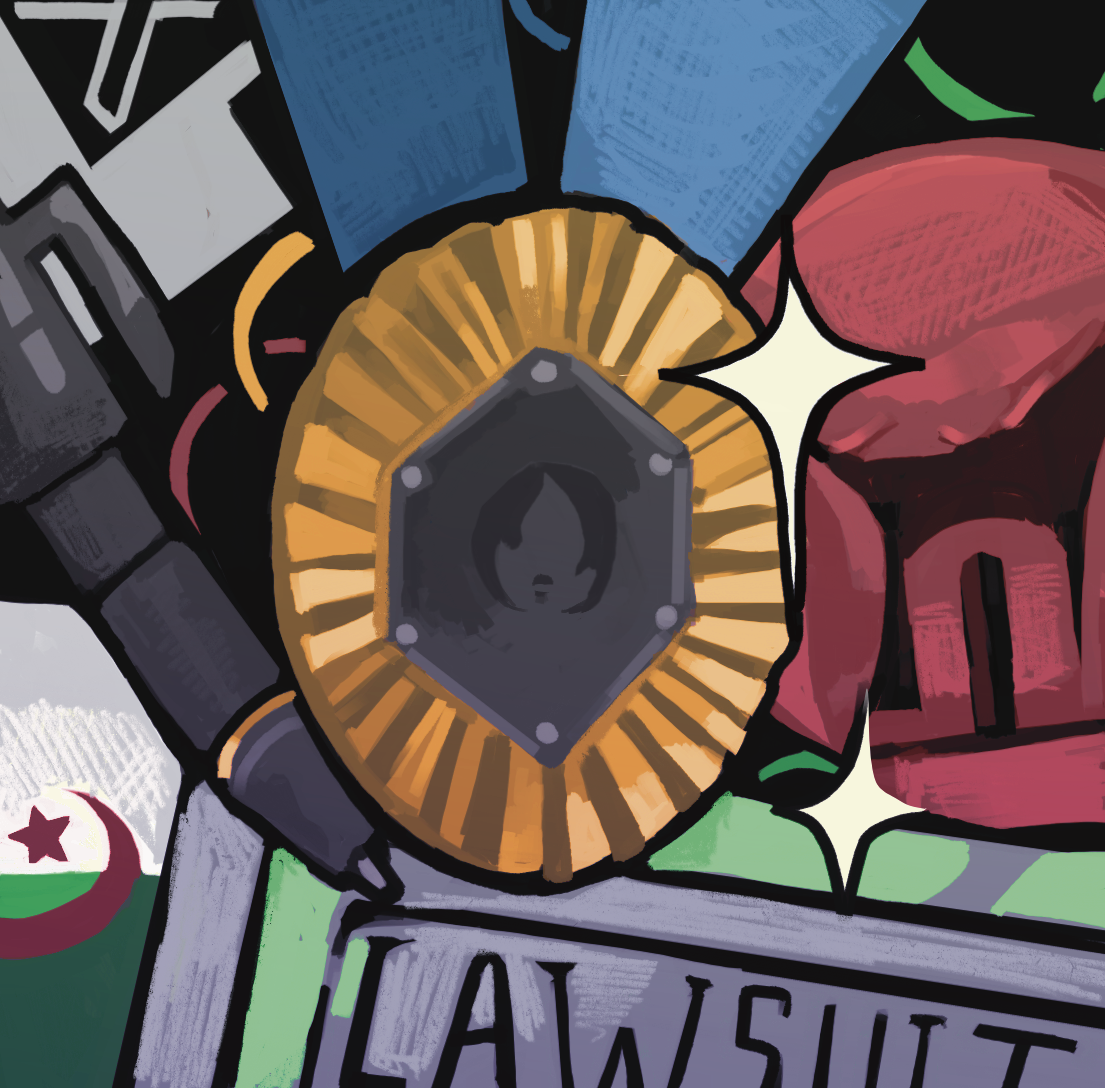Our government has, in recent years, become increasingly dysfunctional as obstructionism — the political strategy of preventing work from getting done — brought about by partisan warfare in both houses has rendered Congress unable to govern effectively. I worry that many patterns of obstruction such as the filibuster that prevent representatives of both parties from governing effectively may soon threaten our own Student Government.
On April 16, SG was slated to have a very important meeting, including three orders of business regarding the Office of Campus Resources and Support’s recent closure and ensuing layoffs of 20 university staff. These layoffs were in response to continued pressure from Texas lawmakers to overcomply with SB-17, an anti-DEI law that threatens to withhold funding from Texas universities that retain their DEI-related offices and functions. Among the most important orders of business was the approval of an open letter, a novel way for SG to reach out to administrators by getting students and organization leaders to sign onto a letter calling for more transparency from the university about its erratic decision-making surrounding SB-17. The open letter seemed like a slam-dunk that would pass almost unanimously.
But if you’ve heard anything about the April 16 meeting, it probably wasn’t how great it was that SG approved this open letter. No, if you heard anything, it’s probably that the vast majority of debate on this open letter was taken up by senator Christopher Zhou, who spoke for over six minutes in support of an amendment that would water down the letter and make it meaningless. To summarize, Senator Zhou’s speech declared that SB-17 is a good and wise law, and that SG’s consistent disapproval of it and its implementation are based on the incorrect idea that DEI principles are “always a good thing.” This speech was one of the longest speeches given during a debate in SG and, to me at least, seems to be an omen of things to come as political minorities jockey for more influence in SG.
The speech echoed many of the same pro-“merit” arguments Texas lawmakers used to pass SB-17: that DEI policies are discriminatory against people who can’t take advantage of them and infantilize minority students, ignoring the systemic barriers marginalized groups face — especially in states like Texas — that necessitate DEI programming in the first place. But content aside, the speech’s issue was its lack of relation to the topic at hand. It spoke abstractly about SB-17, but it didn’t tie those ideas to the open letter or proposed amendment itself until the very end of the six-minute-long speech. In that time, multiple senators attempted points of order against Senator Zhou, a way of alleging rules violations during debate. The main point of order used was that Zhou’s speech was not germane or related to the issue under discussion. Five points of order concerning non-germane debate were given during the speech.
Multiple times, Senator Zhou referred to a definition of germane that required his speech only have “something to do with the letter” to allow him to continue speaking, a far broader definition than either the Oxford or Merriam-Webster definitions of germane. He also referred to his right as a senator to speak for up to 10 minutes. These spars over the rules were inconclusive, and Zhou was able to finish his speech. After his amendment failed to garner any support from other senators, debate for the open letter was promptly ended by motion, and the letter passed with a near-unanimous vote.
This speech, as well as similar bouts of obstructionism throughout this term of SG, look like test runs for what a fully-fledged far-right conservative wing of SG might look like. While SG is generally unified in its actions and isn’t affected much by partisan fights and tactics, political minority groups on campus have shown an increased interest in gaining SG seats and have run election-season workshops for prospective senators and organized their members into tickets. This election saw a sweep of progressive and moderate candidates winning seats, but a continued push by far-right conservatives to gain seats and use obstructionist tactics could threaten senators’ ability to accomplish their objectives and effectively serve the student body. The April 16 speech demonstrates that some senators have an absolutist adherence to the rules, which will gain legitimacy as future far-right obstructionist senators adopt the same methods.
SG’s rules only require senators to stay 90 minutes into a meeting to avoid penalty, which means senators may leave most meetings long before business has concluded. This means that obstructionists can threaten quorum, which is the minimum number of senators that have to be present for SG to vote on orders of business, spend money or pass resolutions. This encompasses almost the entirety of what SG does. Essentially, mini-filibusters — like the aforementioned speech — and other obstructionist tactics that delay and prolong debate bring a huge new risk: that a minority of senators making multiple 10-minute-long speeches could very easily prevent any major orders of business from ever being voted on by forcing all major business so late into a meeting that a quorum can never be assembled. The ability of a small segment of senators to make Student Government do nothing would be a massive blow to student agency on campus. To be fair, this isn’t necessarily a conservative tactic so much as it is a minority-party tactic to obstruct, and it could pose problems for any administration dealing with a large enough minority party.
Besides threatening quorum, the other issue SG would face if these predictions come to pass is that this obstructive minority would almost assuredly subvert the representative aspects of SG. Senator Zhou’s speech only convinced one senator to vote against the letter: himself. His speech, which had so little to do with the topic at hand, was not a good faith attempt at convincing other senators of his position. It was a vote-agnostic attempt to stall debate, illustrated by the lack of visitors opposing the letter despite the dozens of visitors who were there voicing support. In this way, obstruction tactics completely abandon the normal democratic process of courting enough public opinion and votes to win on issues, but rather seek to halt democratic processes when voices unfavorable to the fringe party are being heard.
However, there are steps that can negate a filibuster and obstructionist apocalypse. The first is to vote in SG elections. Second, the next generation of senators and SG leaders must come prepared to deal with these parliamentary procedures. It’s unclear whether a more properly articulated point of order could’ve stopped Senator Zhou’s speech. Senate leaders may have to start learning the answers to those sorts of questions if obstruction becomes another barrier to getting things done. The most important step is to not let yourself forget what this is about: student representation. Filibusters and obstruction are spectacle, anti-democratic or otherwise, and the fact that debate got eaten up on the open letter by one senator should not distract us from the actually important work SG fights to do. The open letter presented students with an opportunity to directly co-sign a call to administration for better transparency, something students across the aisle have been demanding all year, from initial SB-17 compliance to the Spirit Rocks’ removal. The fact that we were able to create and approve this letter is a testament to how we can empower student voices, and we can’t let spectacle get in the way of that.
If you would like to sign onto the open letter, you can at tinyurl.com/utdtownhall.





